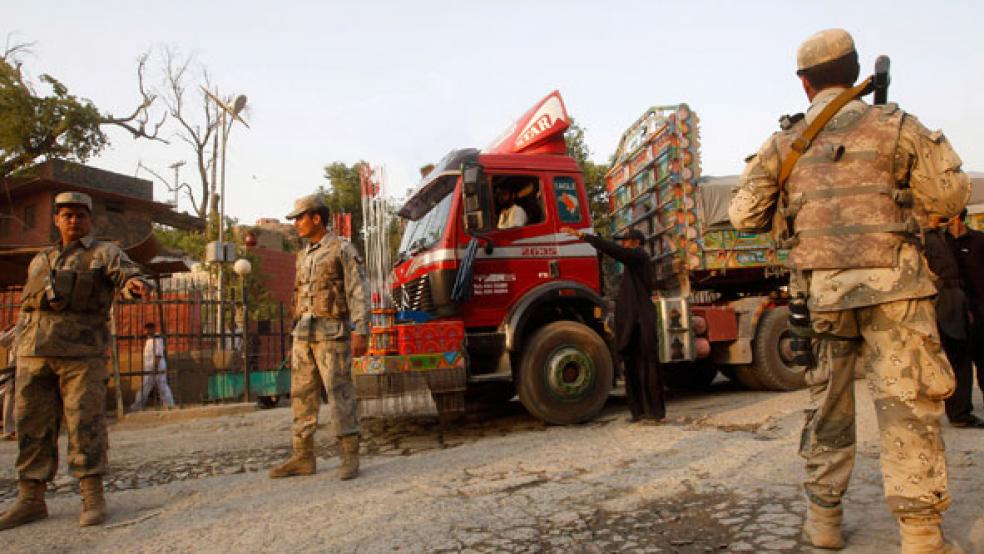The United States has now spent more money on its effort to rebuild Afghanistan than it spent on helping all of Europe recover from the Second World War, according to the Special Inspector General for Afghanistan Reconstruction.
After World War II, the United States enacted what became known as the Marshall Plan, a package of economic aid aimed at rebuilding Europe’s shattered infrastructure and getting the region’s economy reorganized for peacetime. The Marshall Plan is still viewed as an enormous policy success that both reduced human suffering in Europe and jump-started an economic recovery.
Related: How Al Qaeda Morphed into a Deadly Global Hydra
The Marshall Plan cost about $13.3 billion in 1948 dollars, and the aid was divvied up among 18 countries and territories. While full recovery from the war took decades, by the early 1950s Europe was experiencing extremely strong economic growth.
If the money spent on the Marshall Plan were adjusted for inflation, it would equal about $103.4 billion, according to the SIGAR report. Since 2002, Congress has appropriated $109 billion in inflation-adjusted dollars for the reconstruction of Afghanistan, but the results have hardly been comparable.
Not only does Afghanistan remain under threat from armed militant groups, it has the most rudimentary economy. The SIGAR report cites a study commissioned by the Department of Defense that found the Afghan government’s tax revenue isn’t even sufficient to support its armed forces and police.
“Even if the Afghan government dedicated all of its domestic revenue toward sustaining the Afghan army and police, it still could only pay for about a third of the associated costs,” the report found.
Related: Four Ways NATO Could Affect the Ukraine Crisis
It continued, “All other costs—those required to pay civil servants and to operate and maintain roads, schools, hospitals, and other non-military infrastructure and programs—would have to be funded by international donors or abandoned, an unwise decision even if it were possible.”
Less than a decade after the conclusion of the Second World War, the Marshall Plan was discontinued, and Europe was back on its feet. The SIGAR report makes clear that any similar discontinuation of aid to Afghanistan would be, at this point, likely disastrous.
Top Reads from The Fiscal Times:





